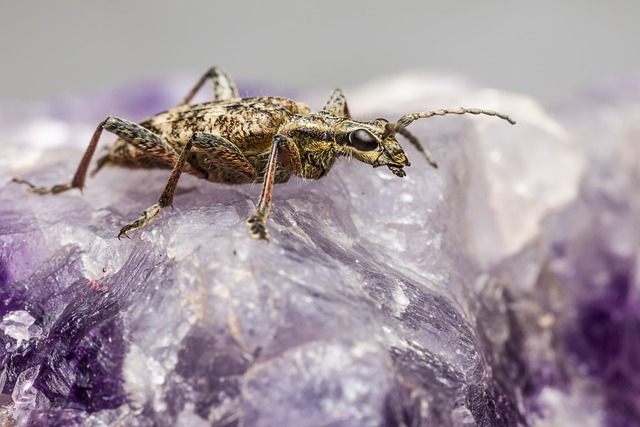Pest control in apartments is critical for maintaining a healthy, safe living environment. Regular inspections, quick action, sanitation, and resident education are key. Monthly professional services prevent outbreaks, protect property, and enhance tenant satisfaction through eco-friendly methods like IPM and plant-based repellents. Choosing the right company with experience in multi-dwelling unit infestations ensures effective, transparent, and sustainable pest control tailored to apartment needs.
Monthly Pest Control for Apartments is essential for maintaining a safe, healthy, and comfortable living environment. This article explores comprehensive strategies to manage common apartment pests like roaches, ants, and rodents. We delve into the benefits of regular services, effective program components, and eco-friendly methods. Additionally, we provide guidance on choosing the right pest control company and offer preventative measures to avoid infestations. By implementing these strategies, you can ensure a pest-free apartment complex using optimal Pest Control for Apartments techniques.
Understanding Common Apartment Pests and Their Impact

Pest control in apartments is a crucial aspect of maintaining a safe and comfortable living environment. Understanding common pests that infest apartments is the first step towards effective prevention and management. Insects like cockroaches, ants, termites, and bed bugs are frequently encountered in apartment buildings due to their ability to thrive in dense populations and shared spaces. These pests not only cause inconvenience but can also lead to health issues and property damage if left unchecked.
Regular inspections and prompt action are key to managing these pests. Cockroaches, for instance, can multiply rapidly and contaminate food sources, leading to allergic reactions and asthma in some residents. Bed bugs, though small, can cause intense itching and psychological distress. Termites can silently chew through wood structures, potentially causing significant structural damage. Effective pest control for apartments involves a combination of regular treatments, sealing entry points, proper sanitation, and resident education to break the cycle of infestation.
Benefits of Regular Monthly Pest Control Services
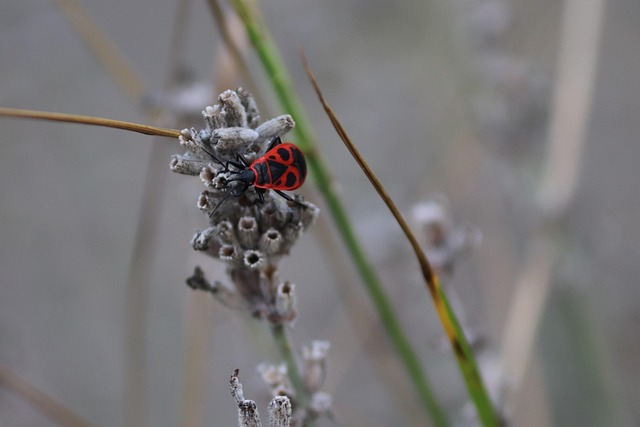
Regular monthly pest control services offer numerous benefits for apartment complexes, ensuring a comfortable and safe living environment for residents. By implementing consistent treatment plans, these services target and eliminate various pests that commonly infest apartments, such as rodents, insects, and spiders. This proactive approach not only prevents sudden pest outbreaks but also keeps common areas and individual units in pristine condition.
Moreover, professional pest control companies employ environmentally friendly methods and products, minimising the exposure of residents and staff to harmful chemicals. Regular treatments can also help maintain the property’s value by preventing structural damage caused by pests and ensuring a pleasant atmosphere for current and prospective tenants. For apartment managers, monthly pest control is an investment that promotes tenant satisfaction, reduces maintenance costs, and fosters a healthy living space.
Essential Components of an Effective Pest Control Program
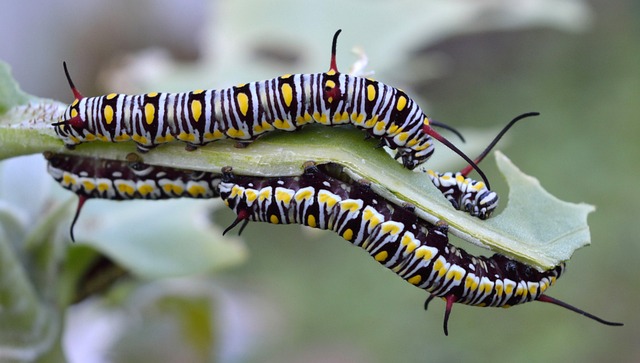
Implementing a robust pest control program is paramount for maintaining a healthy and safe living environment in apartments. The key lies in understanding the essential components that constitute an effective strategy. Firstly, regular inspections are crucial to identify potential pest hotspots before they become full-blown issues. This proactive approach allows for the early detection of pests like roaches, ants, or rodents, which can cause significant damage to apartment properties and pose health risks to residents.
Additionally, a comprehensive plan should incorporate integrated pest management (IPM) techniques, focusing on eco-friendly methods whenever possible. This involves using non-toxic bait stations, sealing entry points, and maintaining excellent sanitation practices. By combining these tactics with regular treatments tailored to the specific pests targeted, apartment managers can ensure long-term success in Pest Control for Apartments, creating a peaceful and pest-free living space for all residents.
Choosing the Right Pest Control Company for Your Apartment Complex
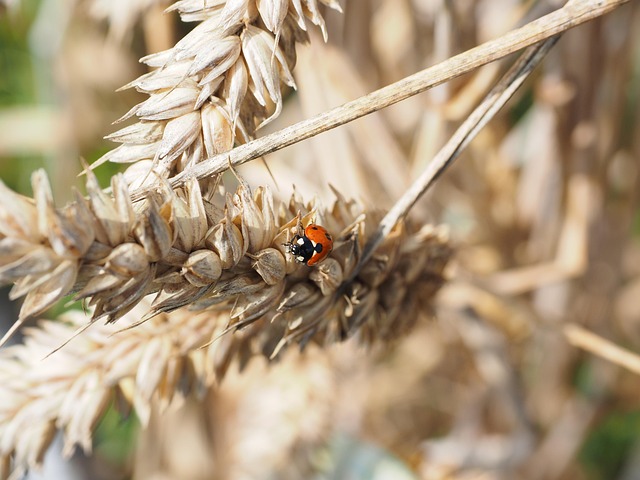
When selecting a pest control company for your apartment complex, it’s crucial to consider their expertise in managing infestations common to multi-dwelling units. Look for professionals who specialize in pest control for apartments, as they’ll have the necessary tools and strategies tailored to these environments. Reputable companies should offer regular treatment plans that cater to monthly cycles, ensuring a proactive approach to pest prevention.
Additionally, check their reputation and customer reviews to gauge their reliability and effectiveness. You want a team that communicates openly, respects tenant safety, and uses environmentally friendly methods when possible. A good pest control partner will provide detailed reports, explain their processes, and address any concerns you may have, fostering a transparent relationship beneficial for both the complex and its residents.
Safe and Eco-Friendly Pest Control Methods for Apartments
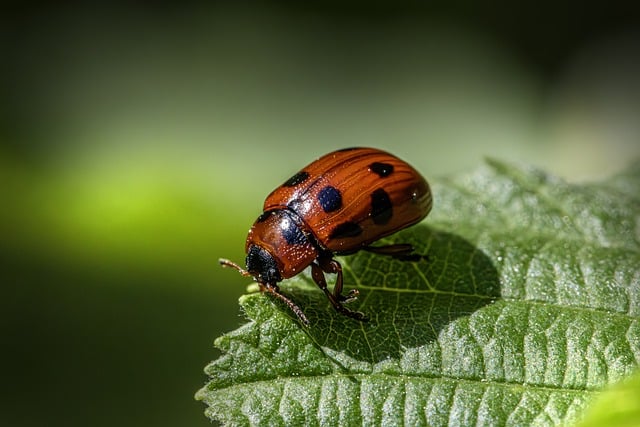
When it comes to managing pests in apartment complexes, there’s a growing trend towards adopting safe and eco-friendly methods that prioritize tenant well-being and environmental sustainability. Traditional pest control often relies on synthetic chemicals that can be harmful to both residents and the ecosystem. However, modern approaches offer effective solutions without compromising safety or causing environmental damage.
One such method is integrated pest management (IPM), which focuses on long-term prevention and minimization of pest problems through a combination of techniques like regular sanitation, trap placement, and the introduction of natural predators. Another popular eco-friendly option is using essential oils and plant-based repellents, which are non-toxic to humans and pets yet potent against common pests such as ants, spiders, and roaches. These methods not only ensure a healthy living environment but also contribute to a greener, more sustainable community.
Creating a Preventative Measure Plan for Pest Infestations

Creating a preventative measure plan is an integral part of effective pest control for apartments. Regular inspections and identifying potential entry points are key first steps. By understanding common pests that target apartment complexes, such as roaches, ants, and rodents, property managers can proactively address issues before they escalate. Implementing simple yet robust measures like sealing gaps around pipes and vents, maintaining proper sanitation, and encouraging tenants to promptly report any pest sightings can significantly reduce infestation risks.
Additionally, establishing clear communication channels between management, maintenance staff, and tenants is crucial. Educating residents about preventative practices, such as keeping areas clean, storing food securely, and reporting suspicious activities, empowers everyone involved. Regularly scheduled inspections by professional Pest Control for Apartments services further reinforces these efforts, ensuring that any emerging issues are promptly identified and addressed before they become major infestations.
Common Mistakes to Avoid in Apartment Pest Management

Many apartment residents and managers make common mistakes when it comes to pest control, which can lead to more severe infestations and increased costs. One of the biggest blunders is neglecting regular inspections. Pests like roaches and ants can quickly multiply and spread throughout a building, especially in shared spaces with ample food sources. Regular, monthly pest control services are essential for proactive prevention, ensuring that any sign of an infestation is caught early.
Another mistake is relying solely on DIY methods or over-the-counter products. While these might provide temporary relief, they often fail to address the root cause and can be ineffective against established infestations. Professional pest control experts have access to a broader range of safe, environmentally friendly treatments tailored to specific pests. They also offer valuable knowledge about prevention strategies, such as proper food storage and sealing entry points, which residents can implement to reduce the risk of future invasions.
